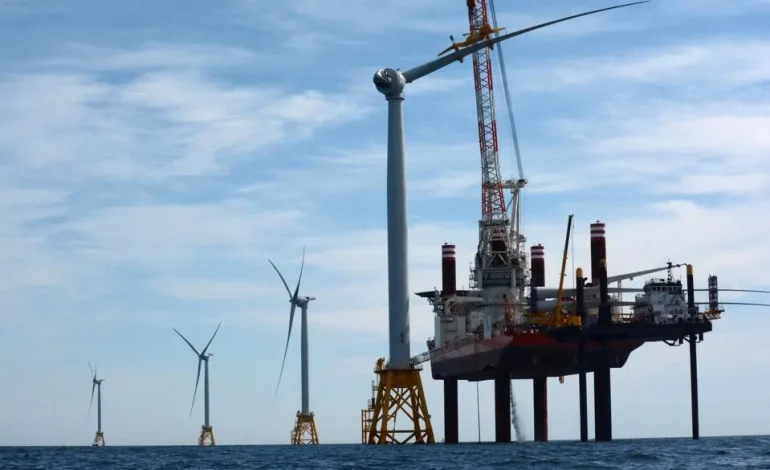Louisiana has long been recognized as an oil and gas stronghold, but the state is now exploring offshore wind energy as a new economic opportunity, Forbes reports.
Despite bipartisan support for these projects, the Trump administration has actively worked to halt offshore wind developments in federal waters. Through an executive order, former President Donald Trump paused all offshore wind projects, citing a preference for fossil fuels and the belief that this strategy would lower energy costs, create jobs, and meet growing energy demands. However, Louisiana—known for its energy sector—sees offshore wind as a way to stabilize electricity prices and boost employment.
At the national level, the Inflation Reduction Act (IRA), passed in 2022, has been a significant driver of renewable energy investments. The law has supported green energy programs across the country, spurring job creation and economic growth. However, concerns are rising that a second Trump administration could gradually dismantle the IRA, even if it remains on the books. By slowing its implementation or shifting subsidies toward fossil fuels, the effectiveness of the law could be significantly reduced. According to Energy Innovation, repealing the IRA would lead to an increase of $32 billion in energy costs for consumers and a $190 billion reduction in gross domestic product by 2035. Additionally, the loss of renewable energy incentives could result in hundreds of thousands of lost jobs.
Renewable energy advocates point to the broader economic risks of such a shift. A recent survey by Aurora Solar found that 57% of business owners favor keeping the IRA, while 78% actively seek to maximize its benefits. Awareness of the law has also surged among homeowners, rising from 51% in 2024 to 77% in 2025. Meanwhile, nearly half of solar installers believe their businesses would be negatively impacted by a reduction in IRA funding.
Beyond the IRA, broader environmental policies are also under scrutiny. The Trump administration previously rolled back more than 30 environmental regulations, loosened emissions caps for power plants, and withdrew from international climate agreements such as the Paris Accord. A key concern among renewable energy proponents is that a second Trump term could further limit regulatory support for clean energy while prioritizing traditional fossil fuels.
Despite political shifts, market forces continue to favor renewable energy. Coal, which once accounted for 50% of US electricity production in 2008, now makes up only 16%, while renewables have grown to 20%. Many utility companies have already committed to phasing out coal plants in favor of cleaner alternatives, driven by both economic and environmental considerations.
Some experts argue that corporate commitments to sustainability could counteract potential policy rollbacks. Many businesses have adopted a “triple bottom line” approach, considering environmental impact alongside financial performance. However, there are signs of backtracking, with major financial institutions withdrawing from climate-focused initiatives. If federal policies no longer encourage renewables, some companies may slow or reverse their net-zero commitments, potentially facing public backlash and legal challenges.










The latest news in your social feeds
Subscribe to our social media platforms to stay tuned